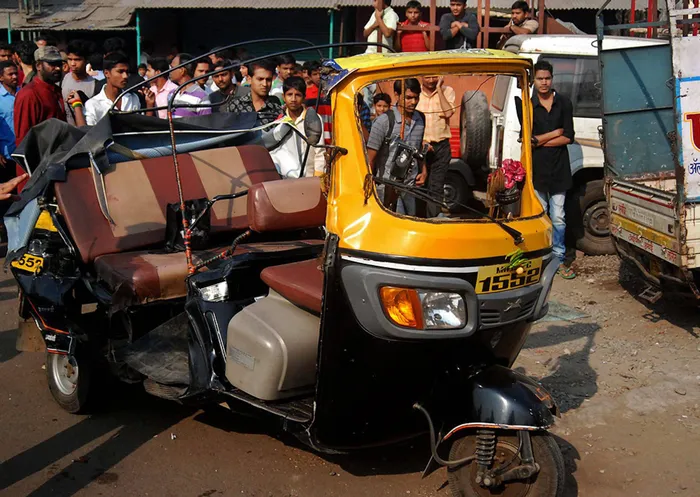
India is not just keeping pace with the rest of the world; it is catching up in areas that define modern economies.
Image: File/AP
INDIA is rapidly establishing its position as a global innovation leader, making remarkable strides in technology, pharmaceuticals, space exploration, and digital infrastructure.
According to a recent PwC report, India is now the leading innovation hub in central and southern Asia, fueled by a booming startup ecosystem, world-class research institutions, and a vast pool of STEM talent. Proving that emerging economies can compete and lead in high-tech industries.
While pundits largely attribute India’s success to strategic investments in education, public-private partnerships, and policies that encourage entrepreneurship, the majority also point to leadership and political will.
India is not just keeping pace with the rest of the world; it is catching up in areas that define modern economies. The digital revolution, fueled by widespread mobile penetration and internet connectivity, is transforming how Indians engage with technology.
Startups in India are attracting record investments, propelling advancements in artificial intelligence, biotechnology, and clean energy. As India increases its global footprint, it is also becoming a critical player in the pharmaceutical sector, where it is known as the “pharmacy of the world”.
This reputation stems from the country’s ability to produce generic and affordable medications, a role that is increasingly valuable in the global context of healthcare.
In contrast, Africa faces significant challenges that impact its innovation potential. While many African nations share issues such as inequality and political instability, the continent struggles to match their counterparts in the global South, such as India.
For example, South Africa once had a robust pharmaceutical manufacturing industry but has increasingly turned to imports from India and elsewhere for its medications. This shift underscores the challenges facing South African innovation and self-sufficiency in critical sectors.
As for India, Prime Minister Narendra Modi’s visionary leadership has propelled India into a new era of possibilities, creating policies that foster innovation and entrepreneurship. This political will has enabled India to navigate its challenges more effectively than many African nations, which often grapple with protracted governance issues.
As India continues on this upward trajectory, the future appears bright, especially given its demographic advantage of 1.4 billion people. If India can effectively leverage this immense human potential and foster an environment conducive to innovation, it stands to enhance its position in the global innovation landscape significantly.
This demographic strength can transform into a powerhouse of creativity and technological advancement, driving India to new heights and potentially positioning it as a leader in various high-tech sectors.
Africa, on the other hand, must heed India’s example to avoid being left behind in the innovation race. The lessons from India's success story highlight the need for reforms that will prioritise education and research funding, strengthen public-private partnerships, and create steady, innovation-friendly policies.
If Africa embraces these imperatives, it may yet carve out its pathway to a brighter, more innovative future, ultimately narrowing the gap with nations like India that are surging ahead.
The world is innovating at breakneck speed. India is charging forward, setting the pace in numerous fields. Will Africa rally to join the race, or will it continue to watch others lead the future?
* Phapano Phasha is the chairperson of The Centre for Alternative Political and Economic Thought.
** The views expressed here do not reflect those of the Sunday Independent, IOL, or Independent Media.